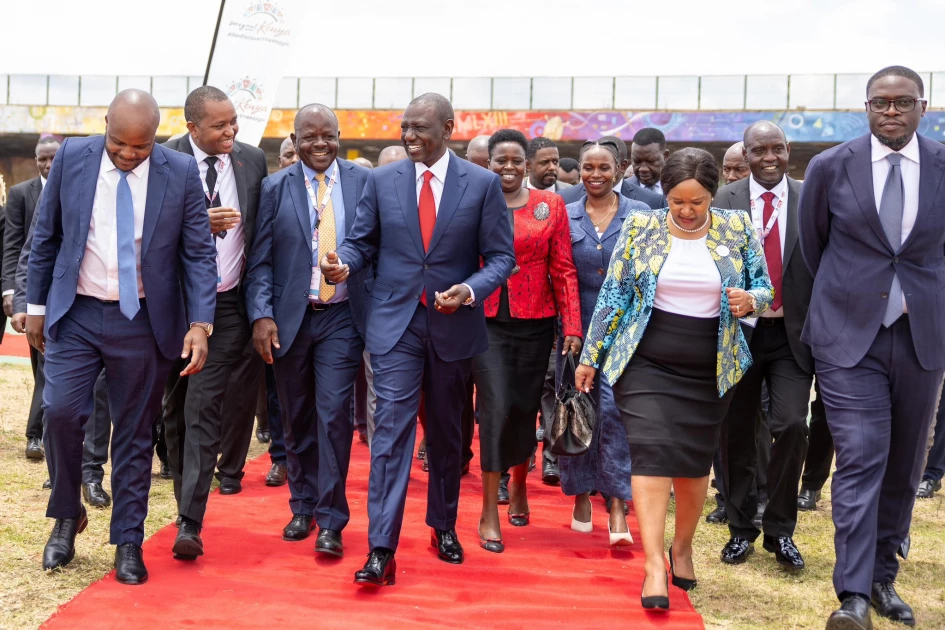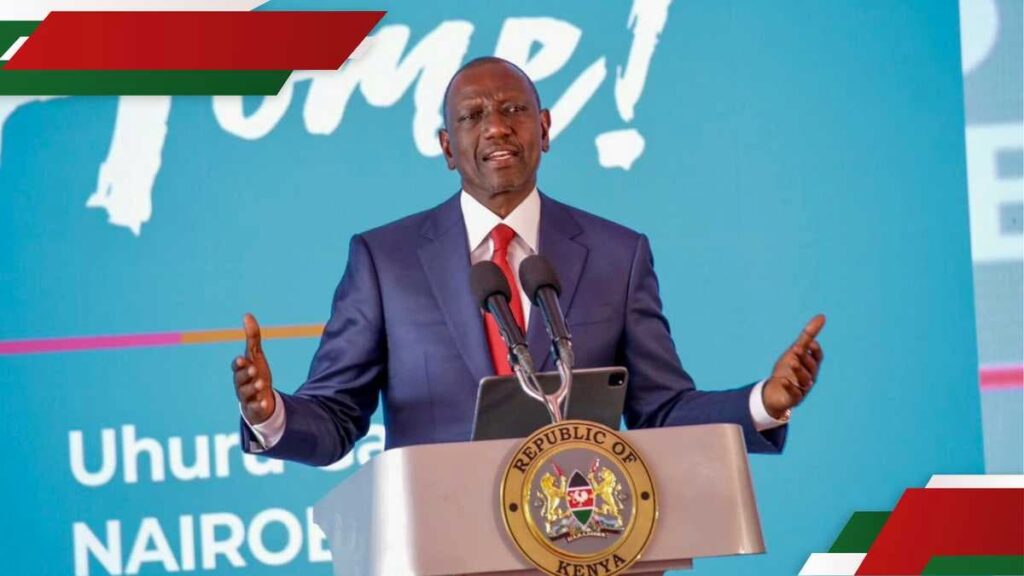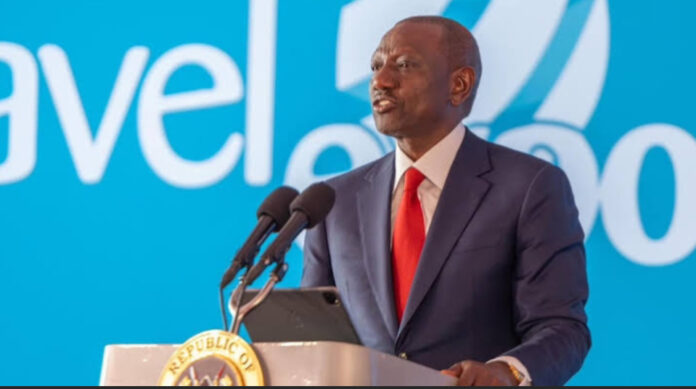Kenya has officially launched the Digital Nomad Work Permit, allowing global remote workers to live and work in the country. The announcement was made by President William Ruto during the opening of the Magical Kenya Travel Expo on October 2, 2024, as part of Kenya’s strategic efforts to attract foreign talent and investment.

Highlights:
- President William Ruto announces a new Digital Nomad Work Permit for remote workers.
- The permit is designed to attract global professionals to live and work in Kenya.
- The initiative aims to boost tourism, employment, and foreign investment.
- Kenya also introduces an Electronic Travel Authorisation (eTA) for transit travellers.
Welcoming Global Digital Workers
President Ruto emphasised that the Digital Nomad Work Permit is a key initiative that will allow digital professionals to live in Kenya while working remotely for clients worldwide. He positioned the country as a perfect blend of work-life balance, offering digital nomads an opportunity to enjoy Kenya’s diverse culture, stunning landscapes, and warm hospitality while they work.
“We are ready to welcome global digital professionals to come and live, work, and experience Kenya’s rich culture and stunning landscapes,” President Ruto said. The permit aims to make Kenya a preferred destination for remote workers, contributing to the country’s tourism and economic growth.

This new permit is seen as part of Kenya’s broader strategy to encourage innovation, entrepreneurship, and foreign investment, while also boosting the tourism sector.
Additional Announcements: Transit and Long Connection eTA
In addition to the Digital Nomad Work Permit, President Ruto also introduced a new Transit and Long Connection Travellers Electronic Travel Authorisation (eTA). This will allow travellers with long layovers at Jomo Kenyatta International Airport to leave the airport and explore Kenya rather than simply waiting in terminals.
The eTA is designed to give visitors a glimpse of Kenya’s rich heritage and natural beauty, further promoting tourism among those transiting through the country. This approach is expected to attract more tourists and enhance the country’s visibility on the global stage.
Tourism as a Cornerstone of the Economy
Tourism plays a vital role in Kenya’s economy, contributing significantly to employment, infrastructure development, and foreign exchange earnings. By the end of 2023, Kenya had welcomed over 2 million visitors, generating KSh352 billion in revenue. The government is targeting to increase this number to 5 million annual visitors by 2027.
Kenya has invested heavily in infrastructure to support this growth, including upgrading key transport networks across the country. Recent projects, such as the Dongo Kundu road, have already improved access to the coastal region, making travel more seamless for tourists.
A Rich Cultural and Natural Appeal
Kenya’s cultural diversity, with more than 40 distinct cultures, offers visitors an unparalleled experience of heritage and traditions. From the vibrant customs of coastal and pastoral communities to globally recognized tourist attractions like the Lake Turkana Basin and Nairobi National Park and the breathtaking views of Mt. Kenya, the country has something for every traveler.
READ ALSO: SPEAKER WETANGULA INVITES KENYANS FOR PUBLIC PARTICIPATION OVER DP GACHAGUA’S IMPEACHMENT
By launching the Digital Nomad Work Permit and the eTA, Kenya is cementing its position as a premier destination for both work and leisure. As the country continues to develop its infrastructure and hospitality sector, these initiatives will undoubtedly attract new visitors and investments, boosting the nation’s economy.
